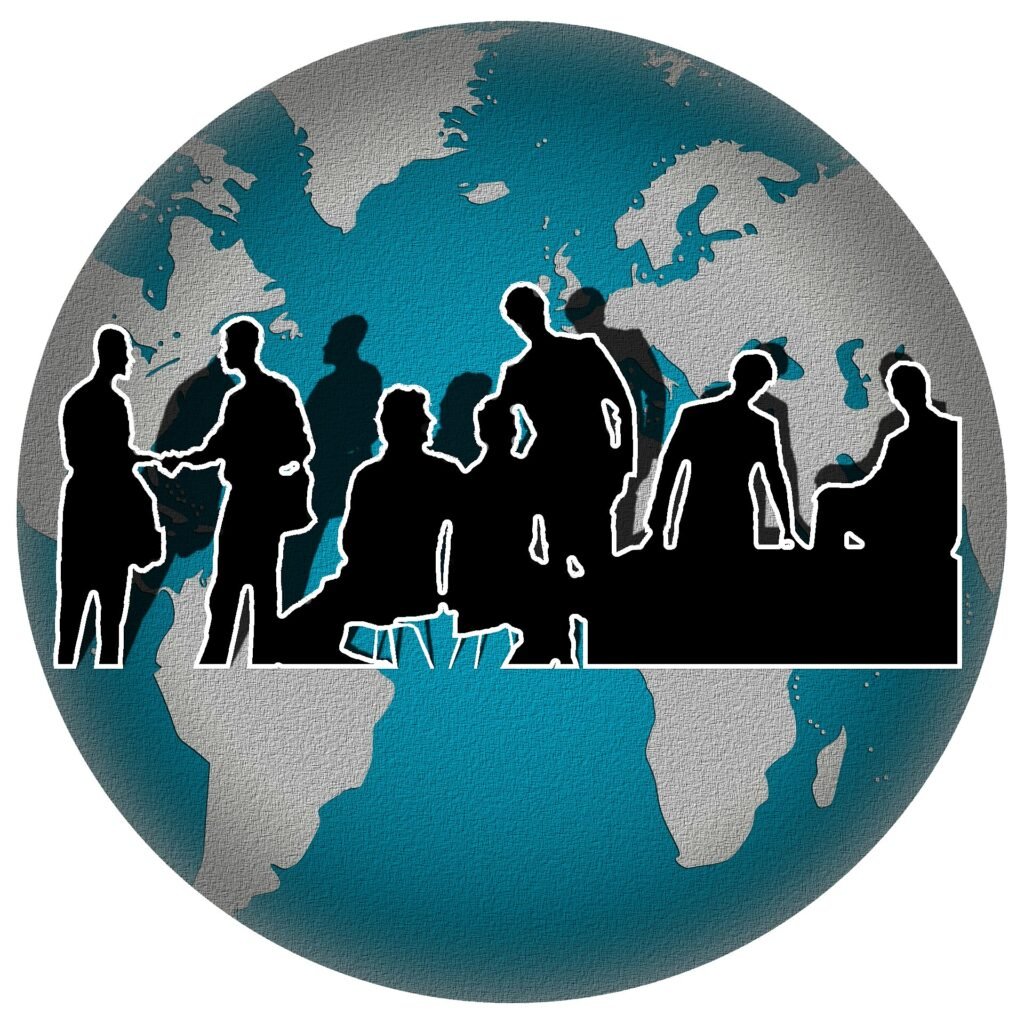The World Health Organization (WHO) is facing challenges in maintaining its priorities due to its increasing reliance on donations from organizations like the Gates Foundation. A recent study published in the journal BMJ Global Health highlighted how the Gates Foundation’s donations to WHO have influenced the allocation of resources towards specific health challenges favored by the donors.
Between 2000 and 2024, over half of the $5.5 billion donated by the Gates Foundation to WHO was directed towards vaccine-related projects and polio, with limited funding allocated to other important health issues. The Gates Foundation has emerged as the second largest funder of WHO in recent years, contributing 9.5% of WHO’s revenues between 2010 and 2023. While the United States was the largest funder of WHO, it announced its withdrawal from WHO in January 2026.
Research has shown that the Gates Foundation’s financial support has a significant impact on WHO’s work program, with a majority of the grants focusing on infectious diseases and vaccine programs. However, funding for non-communicable diseases, health systems strengthening, and broader determinants of health has been relatively low, despite their significance in global health.
WHO’s funding sources primarily consist of assessed contributions from member states and voluntary contributions from donors. The study suggests that WHO’s overreliance on earmarked voluntary contributions limits its ability to pursue strategic goals effectively. Without sufficient assessed contributions from member states, WHO remains vulnerable to the influence of external donors and struggles to address a wide range of global health challenges.
The study emphasizes the need for more flexible and sustainable funding for WHO to achieve its strategic aims. Member states are urged to increase assessed contributions in line with WHO’s needs to reduce reliance on donor funding. Failure to address this issue could result in WHO continuing to be influenced by external donors and falling short of addressing critical global health challenges.
In conclusion, the study sheds light on the complex dynamics of funding within WHO and the challenges it faces in maintaining independence and addressing global health priorities effectively. It calls for a reevaluation of funding mechanisms to ensure WHO can fulfill its mandate without being unduly influenced by external donors.


